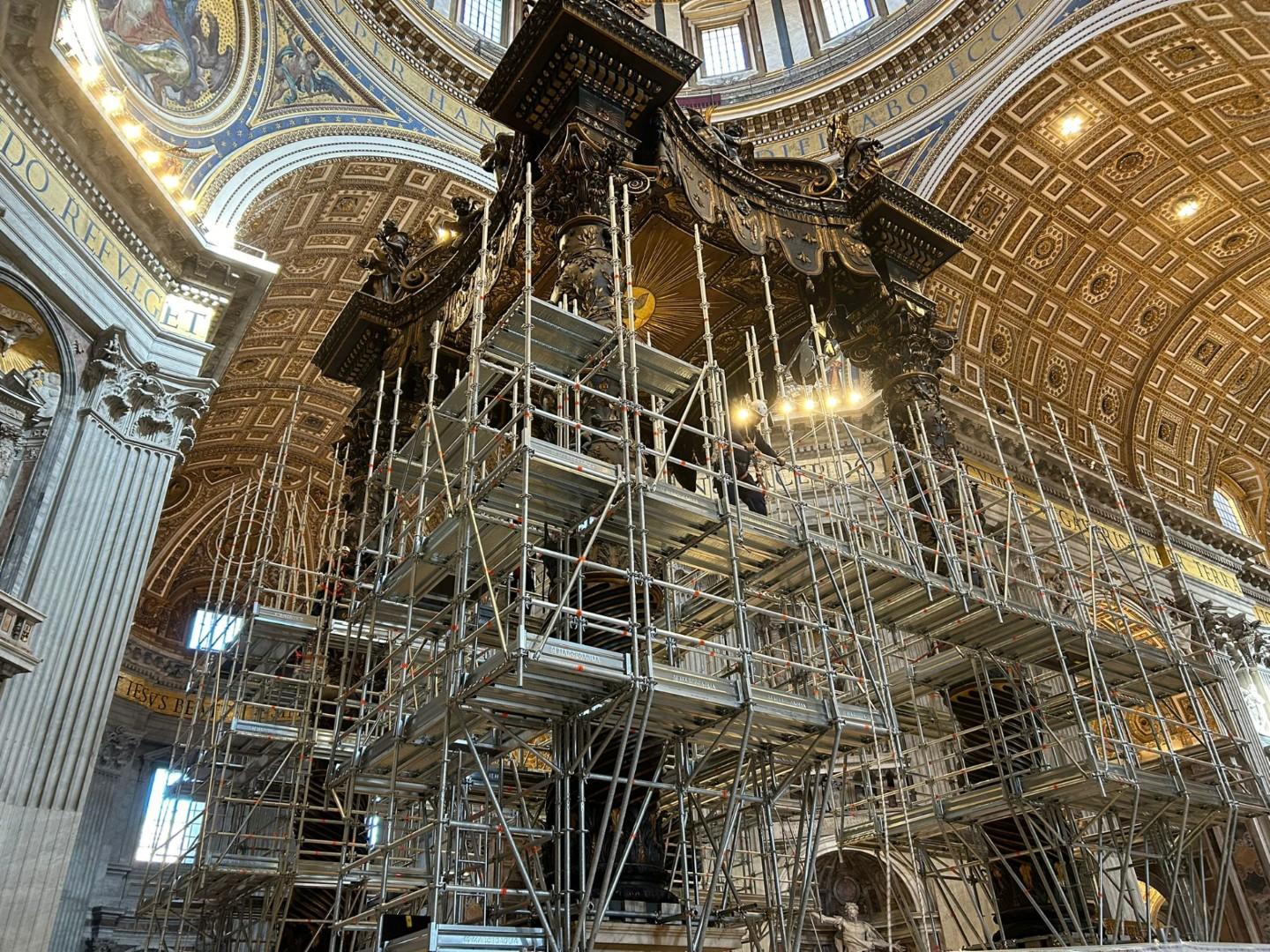ROME – When news recently made the rounds that Pope Francis was once again cutting the pay of cardinals in the Vatican, it was probably difficult for most people to generate a great deal of sympathy. After all, over the centuries these Princes of the Church have been synonymous with power, privilege and luxury.
Yet an association representing the opposite end of the spectrum in the Vatican from cardinals – the rank-and-file laity in the workforce, not the clerical pinnacle – is warning that these cuts are nothing to celebrate.
The Association of Lay Vatican Employees, founded in 1985 and to this day the closest thing to a union the Vatican has, issued a statement Oct. 30 raising questions about the announced cuts on multiple levels. Those cuts, which effectively eliminate two bonuses cardinals used to receive for the costs of operating their offices and households, took effect Nov. 1.
First, the group noted that while cardinals in the Vatican generally get paid more than everyone else, that’s in part because they have responsibilities to their staff and household, and anyway, the roughly $65,000 a year they received before the new cut was chump change compared to what corporate vice-presidents, say, or senior administrators in universities or hospitals, generally bring in.
(After the cuts, they’ll be making roughly $58,5000.)
The association also noted that since there are only about 30 cardinals in the Vatican, the total financial impact of the new cuts will be less than $200,000 – which, obviously, will not do much to solve the Vatican’s multimillion-dollar fiscal crisis.
As a result, the association sounded an alarm that the cuts for cardinals may simply be a first step towards broader reductions for the rest of the Vatican’s payroll. Those suspicions have been compounded because of a letter to cardinals regarding the cuts written by layman Maximino Caballero Ledo, prefect of the Secretariat for the Economy, who said there are “other measures being studied by the competent bodies,” which “will require the contribution of everyone.”
Vatican workers, the association notes, already have been forced to make a series of sacrifices, including the suspension of every-two-year salary adjustments in 2021 as part of a series of cost-cutting measures. That suspension, they note, affects not only salaries, but also severance pay and pensions.
The group estimates that for a typical Vatican employee in mid-career, eliminating those adjustments could result in a reduction in pay and benefits amounting to roughly $25,000 over the years.
The association said it’s asked that severance pay and pensions not be affected by the suspensions, but so far it’s not had any response from management. Moreover, the group said, it’s also rankled many workers that while they’ve been asked to make sacrifices, some of the senior managers have been exempted – a sort of “pay equity in reverse,” it said.
Salary cuts are especially painful now, the association said, because inflation reached 12 percent in Italy during the past year, meaning the purchasing power of their paychecks declined. Compounding the problem, they said, is that workers who live in Vatican-owned apartments are now paying more, since, unlike their salaries, rents have been adjusted for inflation.
“We aren’t paid like kings,” the association said, noting that “regular salary increases are a consolidated practice in many Western countries.”
If the Vatican really wants to save money, the association suggested, it could stop bringing in high-priced external consultants.
“What do they cost, and how much do they impact the budget of the Holy See?” the association asked. “Above all, what have they really produced? Couldn’t these studies have been done by adequately trained internal personnel?”
In addition, the group said, the Vatican could also stop hiring new directors and vice-directors who are exempted from the limits imposed on everyone else.
“Do sacrifices have to be made by some, but not others?” the group asked. “How can bringing in new personnel at very high levels be justified, without taking account of paying your dues?”
“Lay employees expect solidarity, proportionality and fairness from the new measures announced by the Secretariat for the Economy,” the association’s statement said. “If there are cuts, they should be proportional to the possibilities of each person, touching the highest salaries [more], and should protect the families of employees.”
The Association of Vatican Lay Employees claims a membership of roughly 700, out of a total workforce of approximately 5,000.











